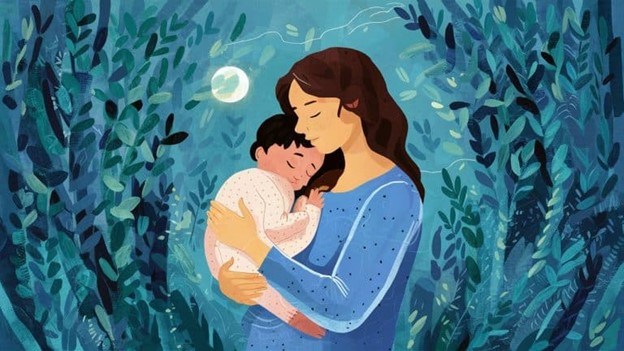
How do you pass on the culture of the country you left to your children? What Nicaraguan legacies are worth perpetuating? How do you transfer roots?
By Cindy Regidor
HAVANA TIMES – May 30th arrives, Mother’s Day in Nicaragua, and I am faced with a dilemma now that I am a mother. I don’t know if I should celebrate this date with my family or the second Sunday in August, Mother’s Day in Costa Rica, where I have lived for nine years and became a mother a year ago.
Ideally, we should celebrate both, why not? But that would be if only May 30th were not marked by a massacre perpetrated in 2018 by the current dictatorship in Nicaragua. During the massive civic protests of that year, on that May 30th, during “the mother of all marches,” bullets erupted among the citizens, who were peacefully clamoring for an end to the repression. They were people moved by solidarity, supporting the mothers of the first slain (in the previous month and a half), who did not believe the authorities would dare to attack and who, horrified, saw more citizens die.
It’s hard for me to celebrate May 30th since then. It’s uncomfortable for me to enjoy congratulations thinking about the pain of the mothers who lost their children so cruelly in those demonstrations that inspired strength, freedom, and a desire to build a better society.
For now, I have decided to only celebrate the Costa Rican date, where a beautiful and popular phrase is shared on this and other special days: “Blessed is the Costa Rican mother who knows that her child will never be a soldier.” I can now count myself among those blessed moms.
Starting out in motherhood, I face dilemmas like celebrating Mother’s Day, which may seem superficial, but in my case is significant due to the recent painful events in my country of origin, which invite deeper reflections.
I also see, with fresh eyes, other realities: those of giving birth and raising children outside one’s country. I have a son born in Costa Rica, with a Nicaraguan mother and a Canadian father. I have already written a bit about how migrating redefined my identity and my goals, especially professionally.
Motherhood as migrant women often means doing so without support networks, so vital during childbirth and postpartum, when mother and baby are vulnerable and need a lot of support. That loneliness hits hard, especially among those newly arrived, with few acquaintances and limited fianances. Talking to Nicaraguan women in Costa Rica and from other countries about this topic has mad


